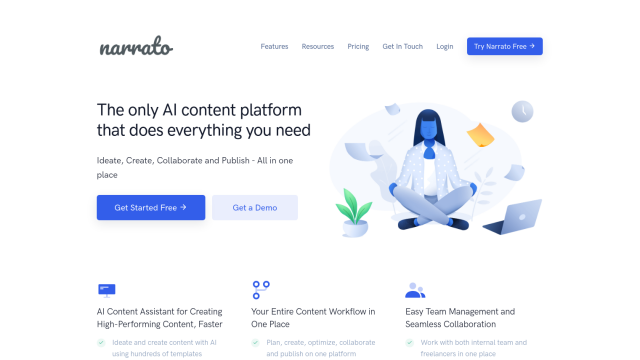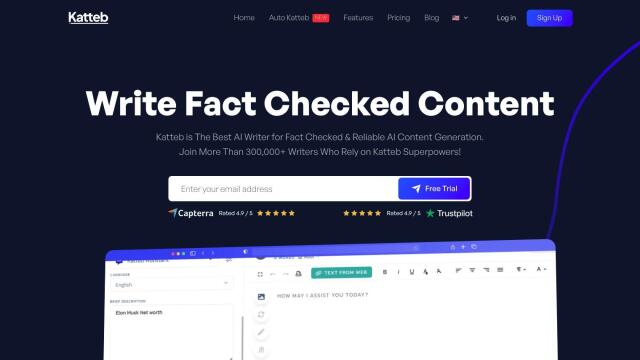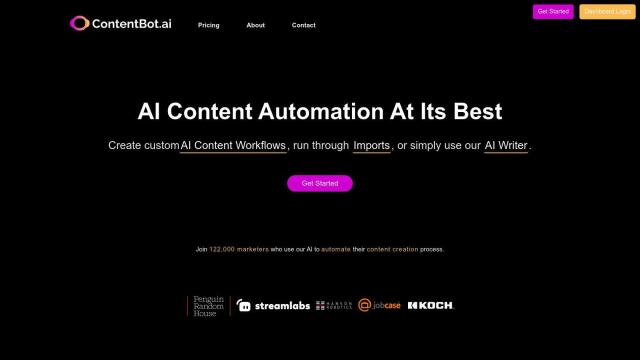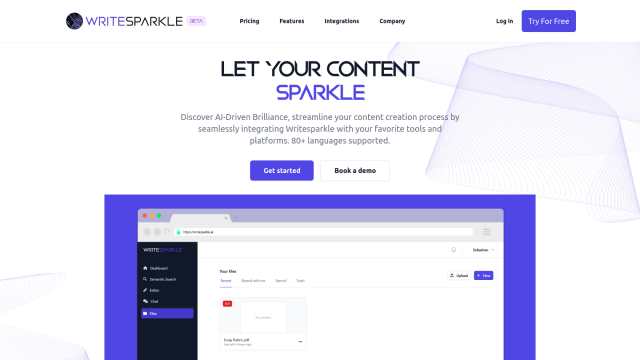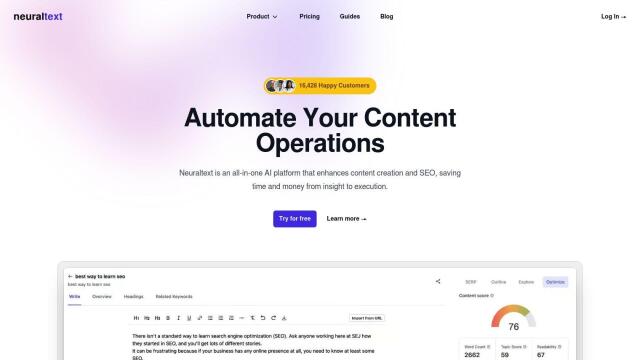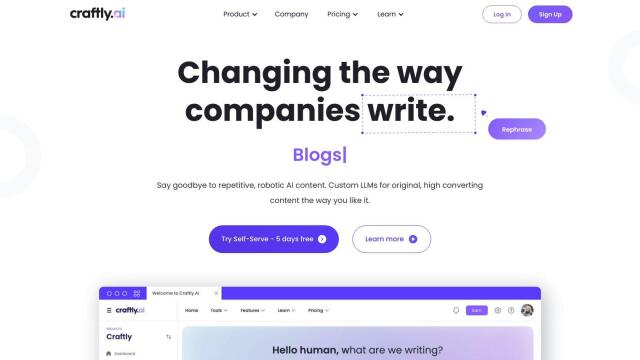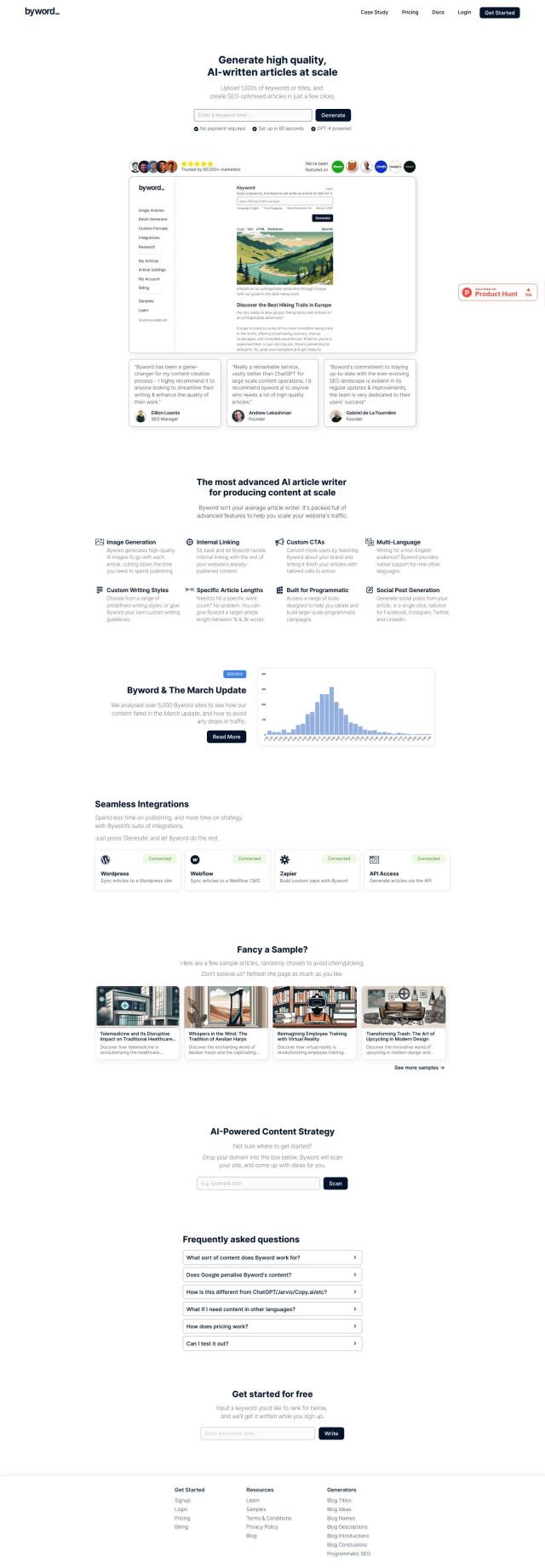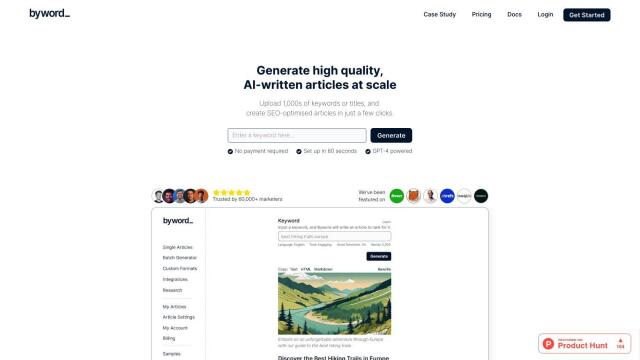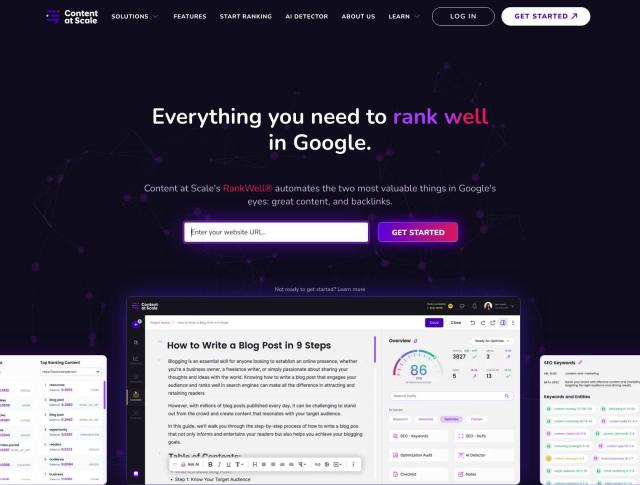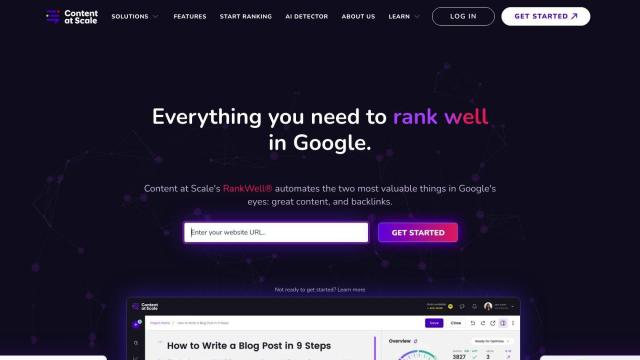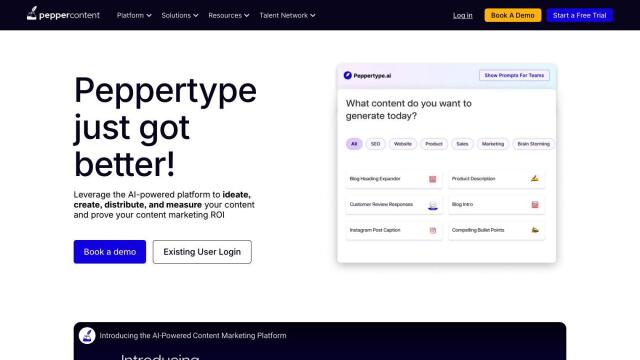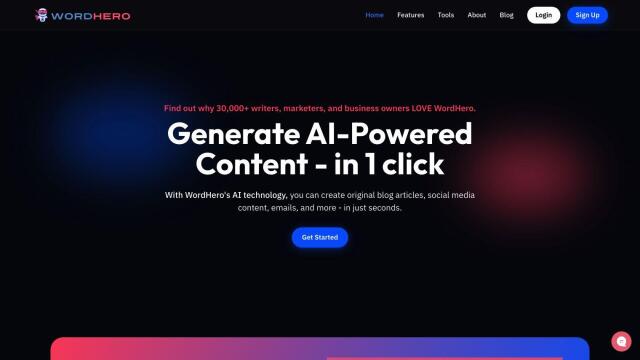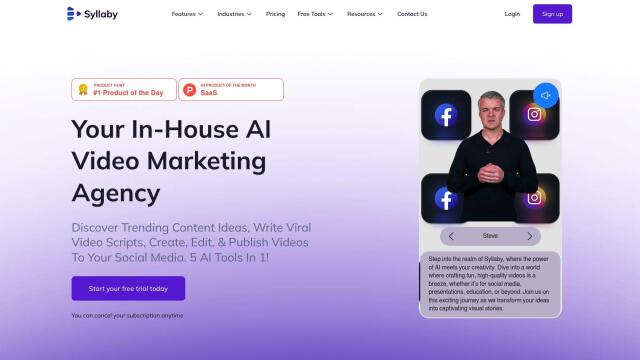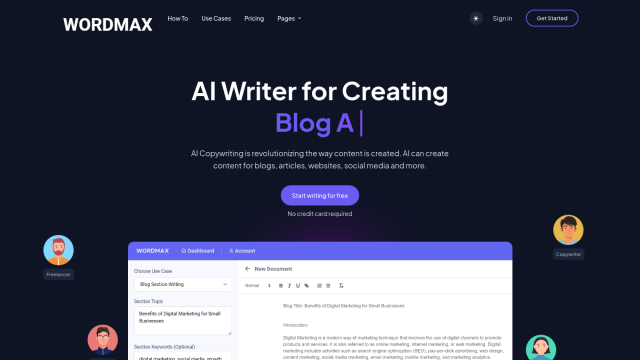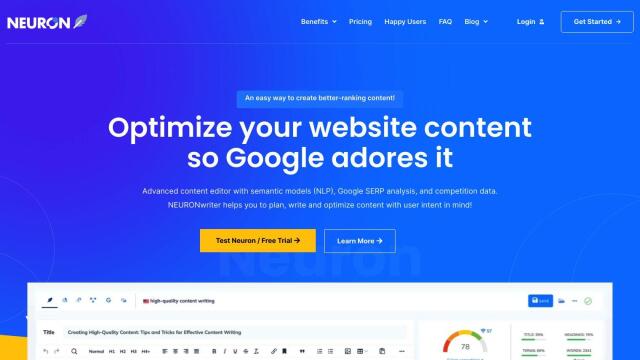Question: Can you recommend a tool that streamlines the content creation process for health and medical writers, including fact-checking and research?
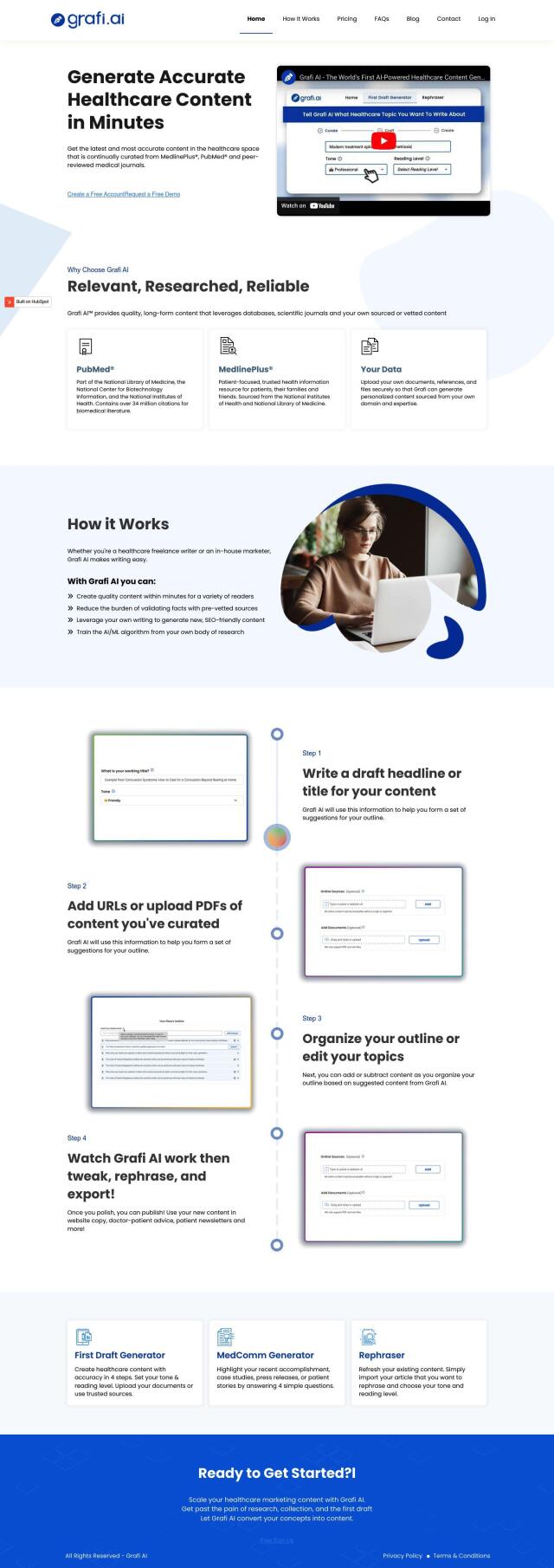
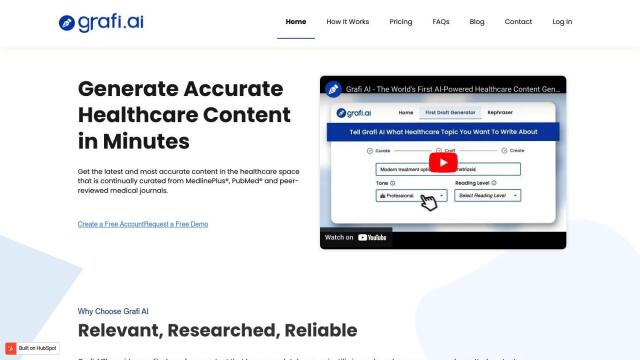
Grafi AI
For health and medical writers who want to maximize their content creation efficiency, Grafi AI is a good choice. The AI-powered tool draws from databases like MedlinePlus and PubMed and peer-reviewed journals to provide authoritative and trustworthy content. It includes tools like a First Draft Generator, MedComm Generator for case studies or patient stories, and a Rephraser for rewriting content. Grafi AI is designed to reduce the time spent on fact validation and SEO optimization, so it's a good option for those who want to create content quickly.


Writesonic
Another tool worth considering is Writesonic, an all-purpose AI tool that includes an AI Article Writer that can generate fact-checked articles with up to date data. It also includes real-time SEO checks and optimization, ChatGPT-like AI interactions, and built-in web search. Writesonic also protects data with AES-256 encryption and complies with GDPR requirements, making it a good option for medical writers who need a secure and reliable tool.

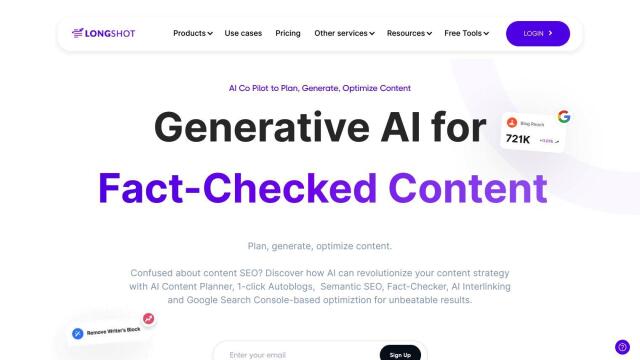
LongShot
If you prefer a more integrated tool, LongShot offers a generative AI tool that includes a Content Planner, FactGPT for real-time answers, an SEO Checker, and AI Interlinking. With more than 50 award-winning templates and workflows, LongShot ensures there's no plagiarism and that content is fact-checked, so it's a good option for medical writers who want a tool to plan, create and optimize content.

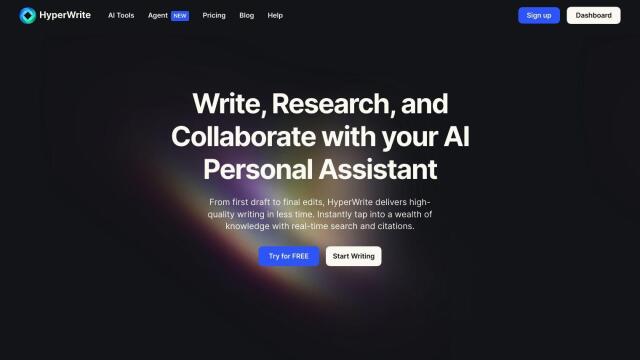
HyperWrite
If you're looking for an AI writing assistant that can handle a variety of tasks, HyperWrite offers a variety of tools, including real-time research assistance and a Summarizer. HyperWrite learns users' writing styles and can help automate the writing process, making it a good option for freelancers and businesses. Its tiered pricing and ability to fit into existing workflows makes it a good option for medical writers looking to boost productivity and writing quality.



